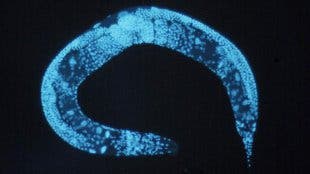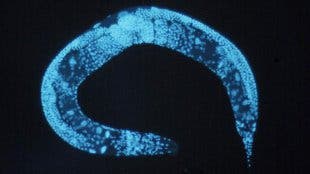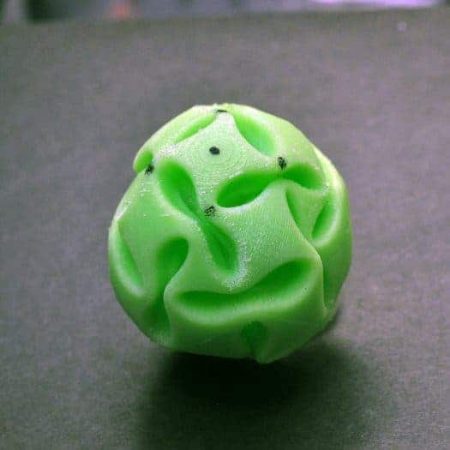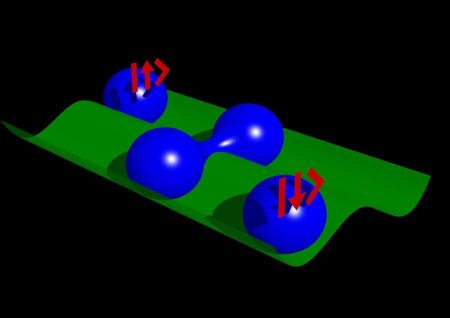Scientists from the UK and Hungary have run various experiments to verify the claim of US researchers that a certain gene is responsible for the increase of lifespan, as shown in some test organisms. Their results show, in fact, that the so called “longevity gene” allegedly responsible for the generation of an anti-aging protein doesn’t affect longevity at all.

The substance controlled by the gene, called sirtuin, has since been the subject of heavy marketing campaigns by cosmetic companies who advertised sirtuin enhancing anti-aging products, like anti-wrinkle creams or anti-aging pills.
The initial research which came with the longevity gene conclusion based their work on the study of yeast, nematode worms and fruit flies, often used as models for the biology of human aging. Their initial conclusion was that when the organisms overproduced sirtuin, they lived longer, by as much as 50 percent in the case of nematodes. Another connection to increased lifespan was found to be dietary restrictions, which scientists claimed stimulated the production of sirtuins.
A subsequent research, however, published in this week’s edition of the journal Nature, led by David Gems and colleagues at University College London, shows that there isn’t any conclusive evidence that links sirtuin to enhanced lifespan.
“These results are very surprising. We have re-examined the key experiments linking sirtuin with longevity in animals and none seem to stand up to close scrutiny. Sirtuins, far from being a key to longevity, appear to have nothing to do with extending life,” Gems said. “But I think this is good news in a way: after all, revising old ideas can be as important as presenting new ones to assure scientific progress. This work should help to redirect scientific efforts toward those processes that really do control ageing.”
Researchers at the University of Washington, Seattle, and Semmelweis University, Budapest, examined two strains of nematode worm, each from a different prior study. These were manipulated to have a hyperactive sirtuin gene to that the hypothesis might be tested. The nematode indeed was initially found to live longer, but subsequent tests showed that after living conditions were made the same for both normal and genetically-enhanced worms, that there wasn’t any considerable difference in lifespan which could’ve been attributed to sirtuin. Suspecting that some other genetic factor must have caused the longevity, they identified a mutation in a gene involved in the development of nerve cells as the cause.
In the case of the fruit-fly, were considerable longevity was also reported, scientists actually engineered a new strain of fruit fly, Drosophila melanogaster, which could hyper-actively generate sirtuin. They found no reason to consider the new strain particularly long-lived.
Finally, the dietary restriction was also put to the test. aking mutant fruit flies that lacked the sirtuin gene, the researchers showed that dietary restriction still increased lifespan. So dietary restriction was working independently of sirtuins.
All those sirtuin-based creams and pills are nothing but expensive placebos.









